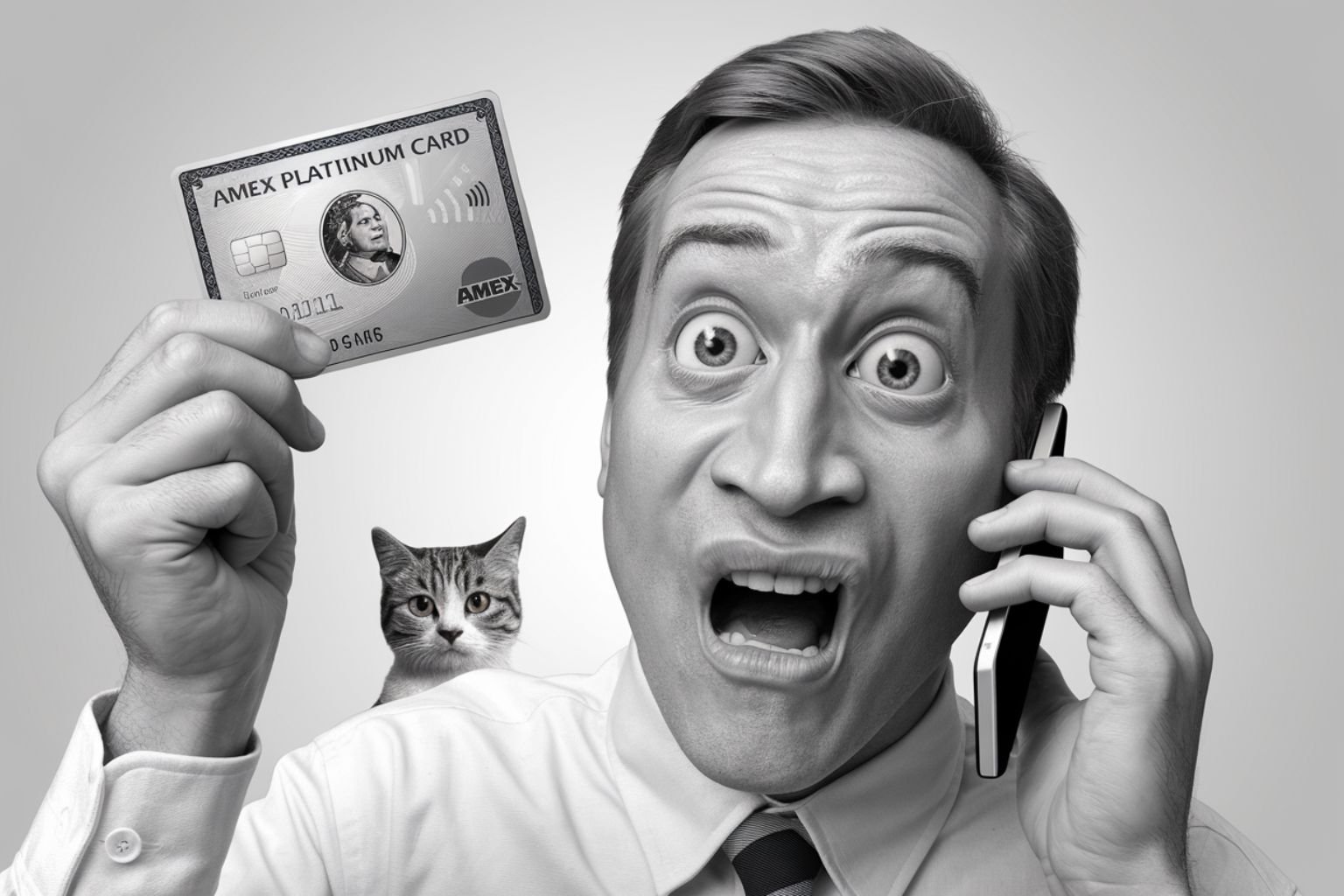When Peter Verstage finds a wallet on a London bus, he tries to do the right thing and return it to its owner. Easier said than done.
Question
I found a wallet on the bus in London containing some cash, the business card of a personal banker at Wells Fargo in Denton, Texas, and a Wells Fargo Platinum credit card and debit card.
Being a good citizen, I emailed the personal banker suggesting that he contact his customer with my details so that I could return his property to him.
I received no reply, so I telephoned Wells Fargo’s customer service number on the debit card and explained the situation to the agent who answered. She said that the bank would not be prepared to contact their customer on my behalf, and the agent and I agreed that my only alternative was to spend the cash and throw away the wallet.
The moral of the story? Always leave your contact details in your wallet — and don’t bank with Wells Fargo. Can you help reunite the wallet with its rightful owner? — Peter Verstage, Isle of Man, U.K.
Answer
You’re right about one thing: Always, always include your contact information in your wallet, either in a business card or on a slip of paper. Also, add it to your luggage, your cell phone, your laptop — anything you might lose.
Beyond that, I certainly hope you are wrong. I have received some complaints about Wells Fargo, but it has been my bank since the mid-’80s, when they offered a then-impoverished college student a credit card. Wells Fargo has always done right by me — it even handled my mortgage many years ago — so I hoped that this was just a simple misunderstanding between you, the banker in Texas, and Wells Fargo’s cardmember services department. (Here’s our guide to resolving your consumer problem.)
My advocacy team and I started by contacting Wells Fargo on your behalf. I received an almost immediate response from the bank, saying that it had already reached out to the banker in Texas, who had in turn contacted the customer.
“The banker must have neglected responding to Mr. Verstage himself,” she says. “Our apologies. We are also working with our customer service department as the phone conversation Mr. Verstage had with one of our team members does not reflect how we would want this type of situation handled.”
Case solved? Not quite.
The mystery of the abandoned wallet
Almost two weeks later, you contacted me again. No one from Wells Fargo had been in touch with you. You still had the wallet. At this point, a member of my resolutions team tried to track down the customer, using the information you had provided. (They found him, but he didn’t respond to us.)
On a personal note, what makes this case so jarring for me is that my credit and debit cards looks exactly like the picture of the one you sent to me from the wallet. That could have been me.
Now, to be sure, those cards have been canceled. But there’s still cash in the wallet and other personal effects, and I’m sure the customer would like to have them back.
“That’s really strange,” I said to my Wells Fargo contact in an email. “Is it possible that this customer doesn’t want his wallet back?”
“I think it is,” she replied. “I can guarantee we provided our customer with all of Mr. Verstage’s contact information, that he had the wallet and had reached out to us because he wanted to return it. Beyond that, there isn’t much more we can do. And I also agree that this is a strange situation.”
You know, this is such a bizarre case, I’m not sure what to do. I find it highly improbable that anyone would just abandon a wallet in London. It’s far more likely that somewhere along the line — maybe between you, the bank, the banker and the customer — there was a little breakdown in communication.
It would have been nice for Wells Fargo to have gone beyond simply contacting the customer, and to make it their personal mission to reunite the wallet with its rightful owner. But it is under no obligation to do so.




